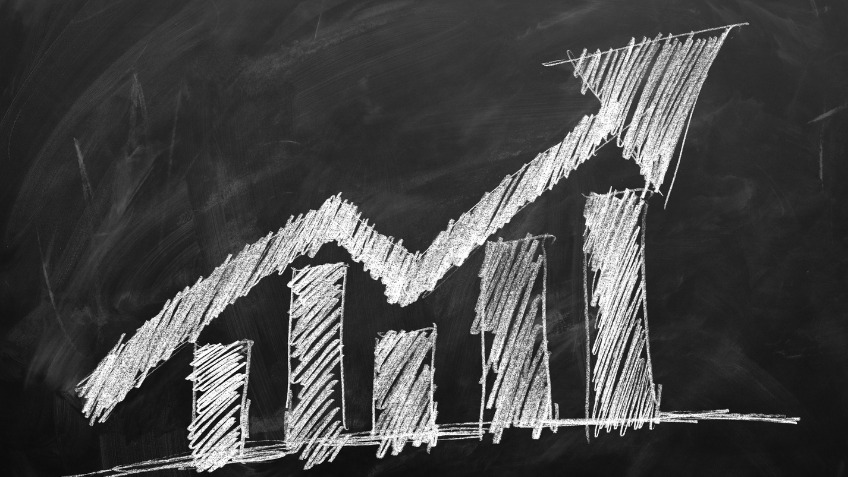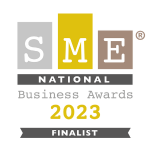NEWS AND INSIGHT
Trends for 2022 and onwards

As we emerge from the pandemic, now that restrictions have been lifted, we’re all adjusting to a ‘new normal’, much as we had to during the years of lockdown and remote working.
Two years of emotional, economical, and lifestyle upheaval has undoubtedly changed us all. It’s changed the way we work, our levels of empathy, patience, and I’m sure, over the coming years, the resulting impact of the pandemic will continue to unearth itself. What this means, is a whole new set of trends that could never have been forecast and predicted 5 years ago.
But how are these changes impacting small business behaviour?
Vulnerability, imperfection, and personality
Lockdown meant no trips to the hairdressers or beauticians for a while, and we all got used to our less-groomed selves. Many welcomed the change and never went back to the highly maintained looks we’d been forced to ditch. The impact on the personal brand overall has been profound. Gone are the days of the polished, perfected, and ultimately artificial online persona. Imperfection is having its moment; brands are keeping it very real and #nofilter is one of the fastest-growing hashtags across all media. Gen Z consumers are bored of picture-perfect influencers and the rapid growth of TikTok influencers reflects this.
When we were all forced onto Zoom in the first lockdown, meetings that would have been relatively formal in-person became an insight into an employee, contact, or client’s life. You were invited into their home, and interruptions from children, pets, posties, and spouses became the norm, workers became people, and it really humanised business connections on a whole new level.
It’s always been said that people buy from people, but this is arguably one of the biggest trends. Be real, be personable and be unapologetically you.
Purpose and meaning
The great resignation trend is booming as more people search for new jobs than ever before. 74% of these employees are satisfied with their current positions, so what is fueling this massive resignation drive?
It appears to be a search for meaning and purpose, following the unprecedented opportunity for reflection and time with loved ones, that the pandemic provided. This is reflected in consumer trends too; buyers want to know what a product or service stands for, not just what it does, particularly with the ongoing war in Ukraine and the responses from brands and businesses considering this. People want to buy from a business with morals, rather than simply focusing on the bottom line of price, although, with the cost of living ever-increasing, buyers are still price conscious - it’s surely a fine line.
Balance in all things
Whether it's hybrid flexible working or ditching the 9 - 5 to spend more time doing what you love, work/life balance has now become a reality, achievable rather than a pipedream. When the pandemic forced the hand of many employers to rely on remote working, it broke the norm. Employers that had previously struggled to understand remote productivity, or introduce processes to encourage this, have now seen the potential, as have staff, they’ve effectively ‘seen the light’, and whilst it won’t suit all; businesses and employees, there is now a wider acceptance that hybrid or remote working is very much the norm. If you can’t offer a version of this to your employees, you may find you have a problem with talent retention coming your way. Smart employers will need to think about creative ways to entice and retain staff.
Consumers are also looking for products and services that will allow them more down time and lifestyle balance. And, if you’re a business offering support to other businesses, make the most of the desired, aspirational work/life balance and use this in your pitch - you’re here to make their lives easier.
Mental Health awareness
The pandemic had a negative effect on the mental health of the nation but forced a positive change in the way the issue is discussed and dealt with in the workplace. As an employer, it’s your job to look after your staff in this regard, and as we go into the cost-of-living crisis, the onus is on employers to manage and mitigate workplace and financial stresses. If you employ staff, you’ll need a mental health awareness strategy and employee wellbeing strategy to help you navigate this workplace trend.
Niche and personalize
This is a continuing trend. As marketing channels get more diverse and targeting techniques get more accurate, your target audience should become more refined. Your new audiences may be smaller, but they are tuned in and receptive. Tailoring your message to smaller, more engaged groups is a different challenge but allows you and your brand to be more authentic and more specific about what you offer and how you align with your customer.
The electric economy
Climate Change is always a hot topic and as we near the 2030 deadline for the end of petrol car production the electric economy is going to see massive growth. While many businesses remain cautious and skeptical, others are looking ahead to the exciting growth opportunities in the EV space.
In April, we’ll be focusing on Trends in BiZHUB, feel free to join us on Friday 29th April at The BOSC in Bordon to discuss all of these trends and much more with other local business owners, click here to register.







